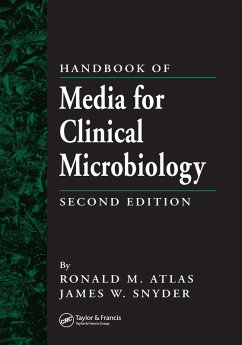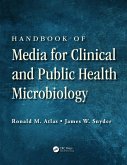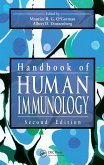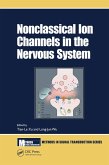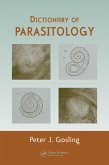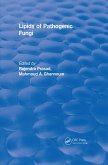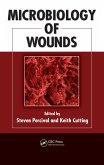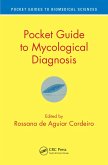Handbook of Media for Clinical Microbiology, Second Edition provides an easy-to-use reference for routine and specialized media employed in the cultivation of pathogenic bacteria, fungi, and viruses in clinical diagnostic laboratories. This edition adds descriptions of newly employed media used for cultivating emerging pathogens. It also discusses the role of the clinical laboratory in the diagnosis of infectious diseases, and the process for detecting infectious diseases, including specimen receipt, media selection, antibiotic susceptibility testing, and biosafety considerations. It also covers the clinical laboratory's role within the Laboratory Response Network for detecting bioterrorism.
Dieser Download kann aus rechtlichen Gründen nur mit Rechnungsadresse in A, B, BG, CY, CZ, D, DK, EW, E, FIN, F, GR, HR, H, IRL, I, LT, L, LR, M, NL, PL, P, R, S, SLO, SK ausgeliefert werden.

